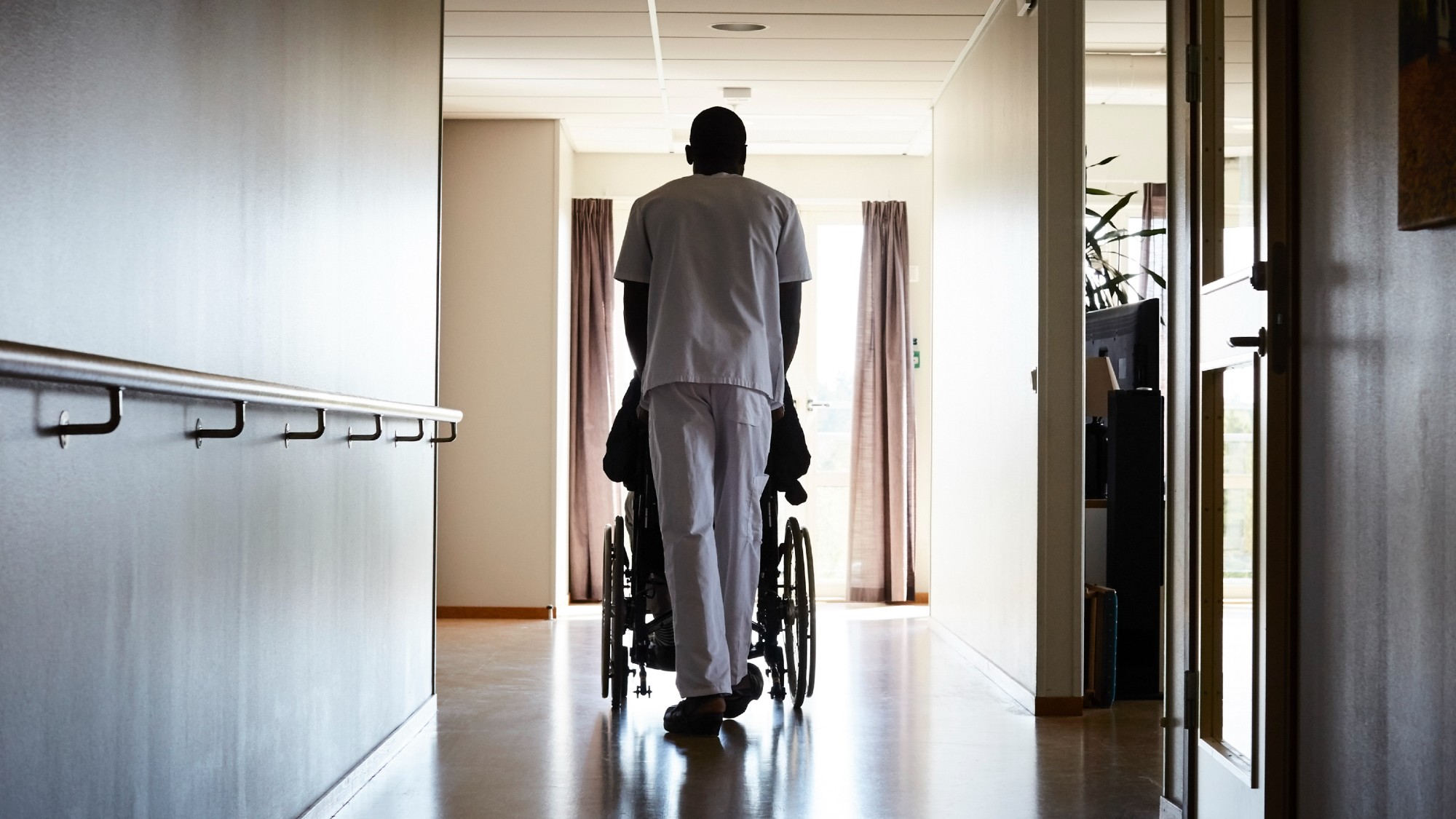Unveiling the Backbone of Care: The Critical Role of Migrant Workers
In aging societies worldwide, migrant workers have become indispensable to the care industry, filling critical gaps in healthcare and elderly support. Over the past decade, countries like the UK, US, and Germany have increasingly relied on foreign-born workers to staff hospitals, nursing homes, and home care services. This growing dependence raises urgent questions about workforce sustainability, care quality, and the ethical treatment of migrants who often work long hours for low pay. As populations age and demand surges, understanding this dynamic has never been more vital.
The Growing Dependence on Migrant Care Workers
Recent data from the International Labour Organization reveals migrant workers now comprise 15-30% of care staff in developed nations. In the UK, 22% of adult social care roles are filled by non-British nationals, while US nursing homes employ over 200,000 immigrant caregivers. Germany’s care sector would collapse without its 150,000+ migrant workers, primarily from Eastern Europe and Vietnam.
“Migrants aren’t just supplementing our care workforce – they’re holding it together,” states Dr. Elena Petrov, a labor economist at the London School of Economics. “Without them, entire care systems would buckle under demographic pressures.”
Three key factors drive this reliance:
- Aging populations: By 2030, 1 in 6 people globally will be over 60
- Local workforce shortages: Care work often pays less than retail or hospitality
- Cultural perceptions: Many societies undervalue caregiving as “unskilled” labor
The Human Cost Behind the Care Gap
While migrant workers sustain care systems, their contributions come at personal cost. Maria Gonzalez, a Filipina caregiver in Dubai, shares: “I haven’t seen my children in three years. We work 60-hour weeks because families depend on us – but who cares for our families back home?”
Research highlights systemic challenges:
- 35% of migrant care workers report wage violations
- 40% experience workplace discrimination
- Visa restrictions often tie workers to single employers
Professor Jamal Hassan of Johns Hopkins warns: “We’re creating a two-tier system where migrants provide essential care but lack basic protections. This isn’t sustainable – morally or practically.”
Quality of Care in a Transient Workforce
The reliance on migrant labor sparks debates about care standards. While some argue cultural diversity enriches care environments, others note challenges:
- Language barriers affecting patient communication
- High turnover rates disrupting care continuity
- Variable recognition of foreign qualifications
However, a 2023 OECD study found no significant quality differences between migrant and local caregivers when accounting for training and working conditions. “The issue isn’t migrants’ capabilities,” explains Swedish gerontologist Ingrid Bergman, “but whether we invest in proper integration and support.”
Policy Responses and Systemic Solutions
Governments are experimenting with solutions:
- Germany’s “Triple Win” program recruits trained nurses while funding origin-country healthcare
- Canada’s Express Entry system prioritizes care workers for permanent residency
- New Zealand mandates pay parity for migrant and domestic caregivers
Yet advocates argue for more fundamental changes. “We need to professionalize and properly compensate care work,” insists Gabriela Ramos, Assistant Director-General at UNESCO. “That means living wages, career pathways, and valuing care as skilled labor – regardless of who provides it.”
The Future of Care in an Mobile World
As global demand for care workers is projected to grow by 50% by 2030, the stakes couldn’t be higher. Potential scenarios include:
- Increased competition for migrant workers between nations
- Growing pressure on developing countries losing healthcare staff
- Technological solutions supplementing (but not replacing) human care
The path forward requires balancing immediate needs with long-term sustainability. “This isn’t just about filling jobs,” concludes Dr. Petrov. “It’s about building care systems that honor both recipients and providers – wherever they come from.”
As societies grapple with these challenges, one truth becomes clear: how we treat migrant care workers reflects our fundamental values about care, dignity, and shared humanity. The conversation must continue – not just in policy circles, but around kitchen tables and community centers where care actually happens. Join the discussion: How should your community address the care workforce challenge?
See more WebMD Network



